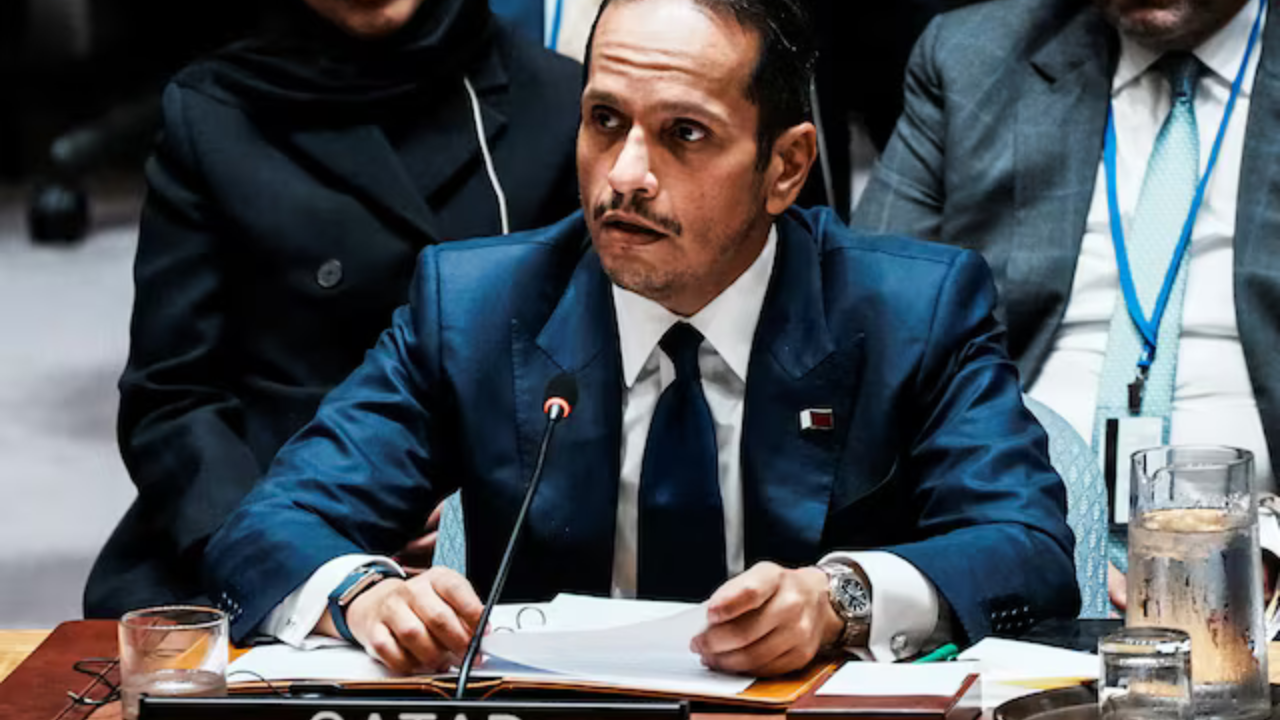
Post by : Shivani
On September 12, 2025, a notable meeting took place in an effort to address the rising tensions in the Middle East. Former President Donald Trump welcomed the Prime Minister of Qatar following a recent Israeli military strike in the Qatari capital, Doha. This meeting highlighted the urgent need for dialogue, peace, and stability amidst the ongoing conflicts affecting the region.
The Israeli attack on Doha marked a significant escalation in the already volatile regional dynamics. The strike targeted Hamas leaders reportedly operating in Qatar, leading to widespread condemnation and heightened political unease among Gulf Cooperation Council (GCC) countries and neighboring states. With the region teetering on the edge, Trump's role as a diplomatic intermediary was seen as vital in facilitating calmer relations.
For several months, the Middle East has witnessed growing unrest linked to the Israel-Palestine conflict. The recent Israeli airstrike in Doha was a surprising and severe move, targeting key figures within Hamas thought to be present in Qatar. This act shocked regional players and international observers, as Qatar traditionally serves as a mediator and host to peace negotiations.
The strike resulted in casualties and widespread political backlash. Qatar immediately condemned the attack as a violation of its sovereignty and an aggressive act undermining regional peace efforts.
In the wake of this crisis, Donald Trump invited Qatar’s Prime Minister to discuss ways to alleviate tensions and avoid further escalation. Known for his previous role in Middle East peace accords, Trump positioned himself as a key figure able to broker discussions among conflicting parties.
The talks centered on de-escalation strategies, reinforcing diplomatic channels, and exploring joint cooperation on regional security. Trump emphasized the importance of unity among Gulf partners and the international community in tackling terrorism while respecting national sovereignty.
Held in an atmosphere charged with urgency, the discussion underscored shared interests: restoring calm, supporting humanitarian efforts, and reviving stalled negotiations between Israel and Palestinian movements.
Both leaders agreed on the importance of:
Preventing further military confrontations
Maintaining dialogue between conflicting sides
Strengthening economic and security cooperation
Qatar reiterated its commitment to peace and its role as a neutral ground for negotiations, expressing hope that Trump’s involvement would bring renewed momentum for a peaceful resolution.
The news of Trump’s meeting with the Qatari Prime Minister was met with mixed responses. Some regional actors welcomed the diplomatic gesture, seeing it as a constructive attempt to stabilize the situation. Others were skeptical, questioning whether this would translate into meaningful progress.
International powers, including the United States and European nations, emphasized the need for a return to negotiations and respect for international law.
This meeting cannot be seen in isolation. It reflects ongoing efforts by regional and global leaders to mediate peace in a historically complex and volatile part of the world. The clash in Doha rekindled concerns over the fragility of peace and the dangers of unilateral military actions.
Trends suggest that Middle East stability hinges on dialogue, mutual respect, and multilateral cooperation. While not all problems can be solved in one meeting, the importance of communication and diplomacy has rarely been clearer.
Looking forward, the situation remains dynamic and uncertain. Observers hope that continued engagement, such as Trump’s meeting with Qatar’s leadership, will spark new initiatives addressing root causes of the conflict.
The coming weeks will likely bring further discussions involving more regional players and international organizations. The goal remains a sustainable peace that respects all parties' rights and ambitions.
Trump’s reception of the Qatari Prime Minister marks a meaningful attempt to bridge divides after a sharp escalation with the Israeli strike in Doha. Its success depends on sustained dialogue, goodwill, and international support.
As the Middle East watches closely, this episode serves as a reminder of the delicate balance between diplomacy and force—and the shared hope for a peaceful and prosperous future.
#trending #latest #MiddleEast #Dubai #UAE #Qatar #Gaza #Israel
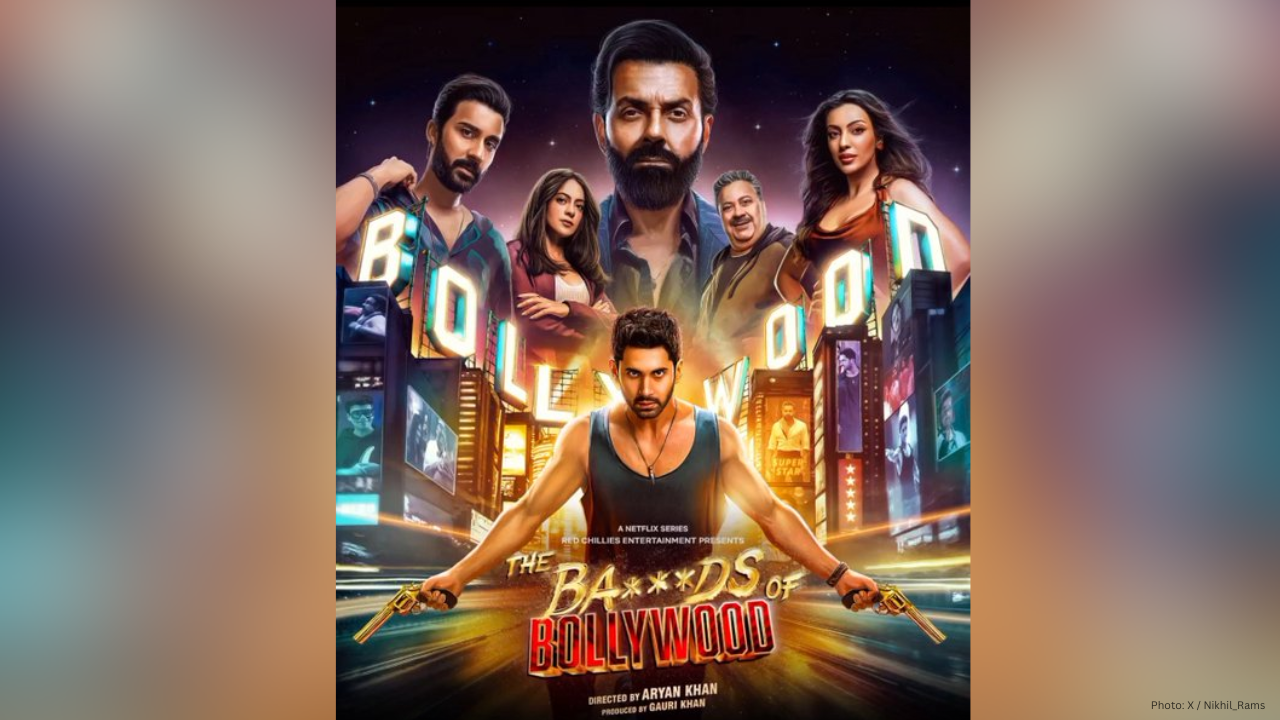




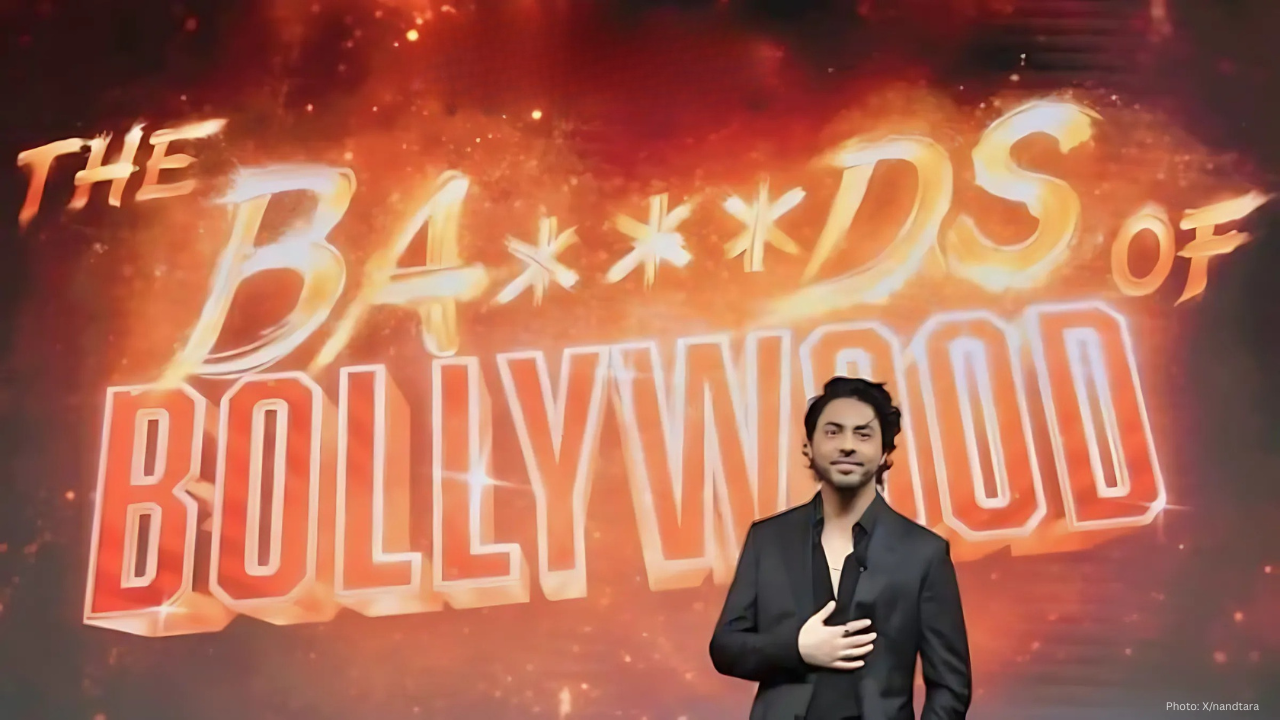
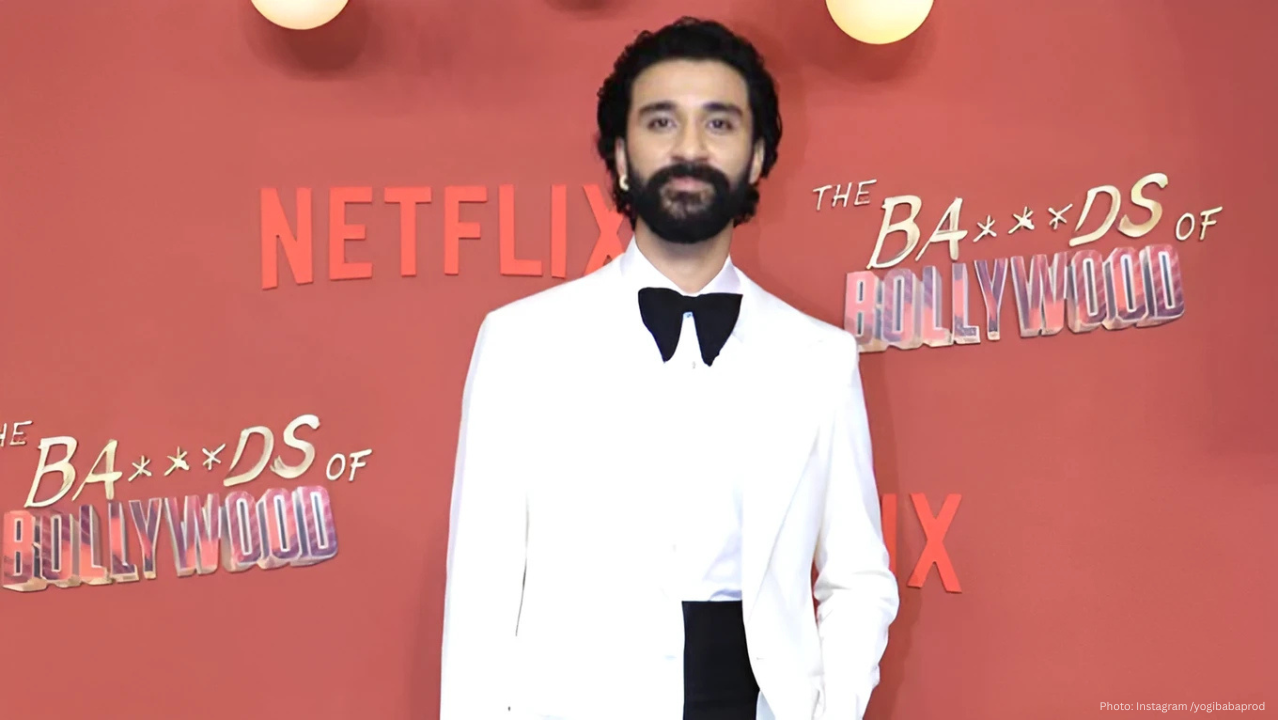
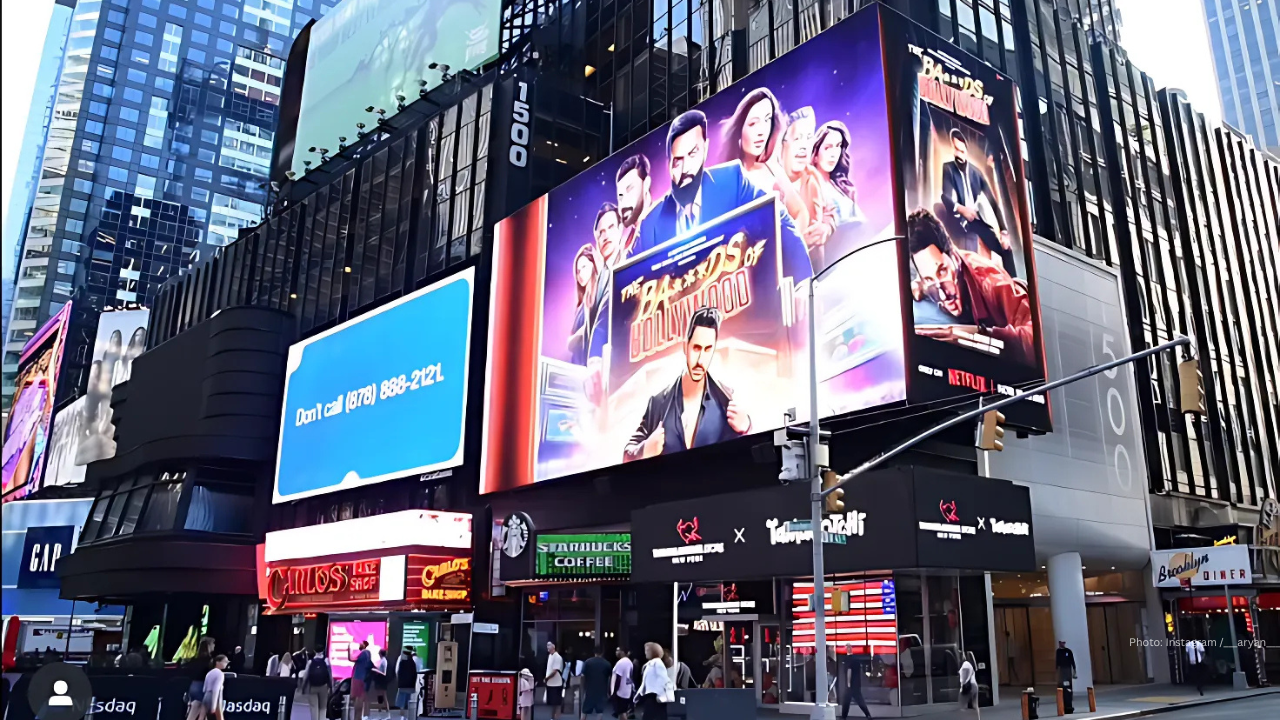
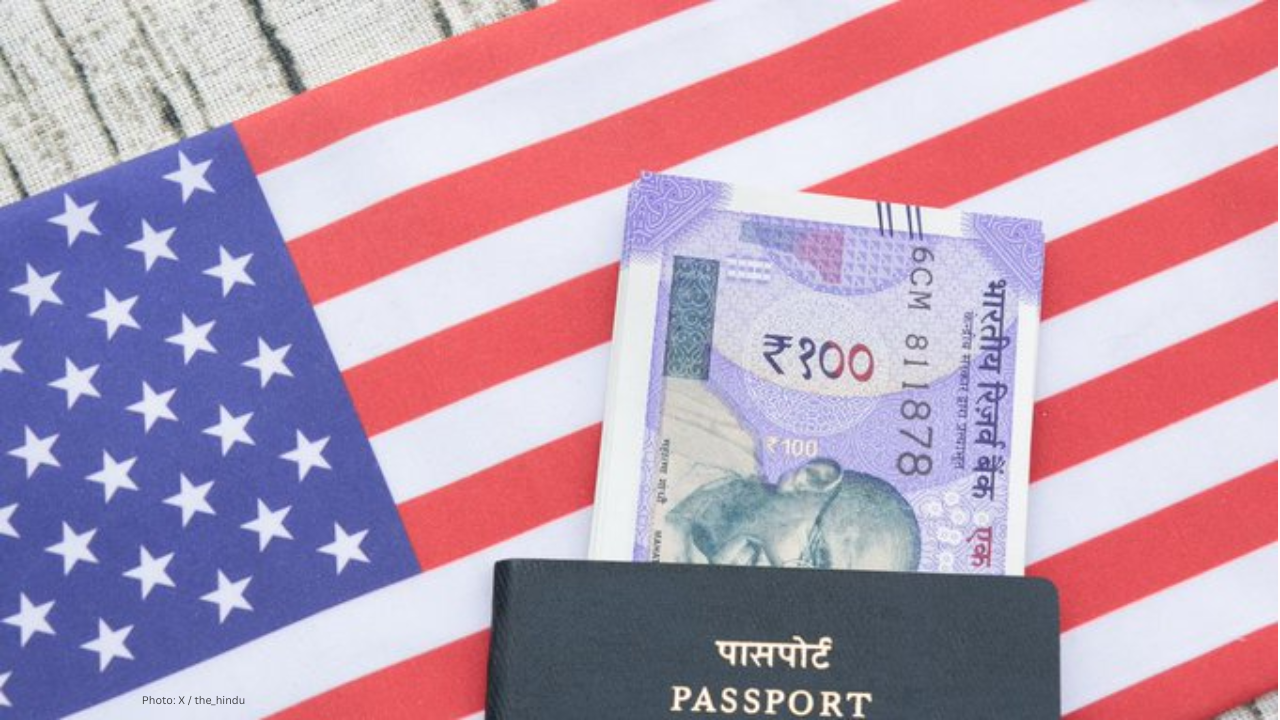
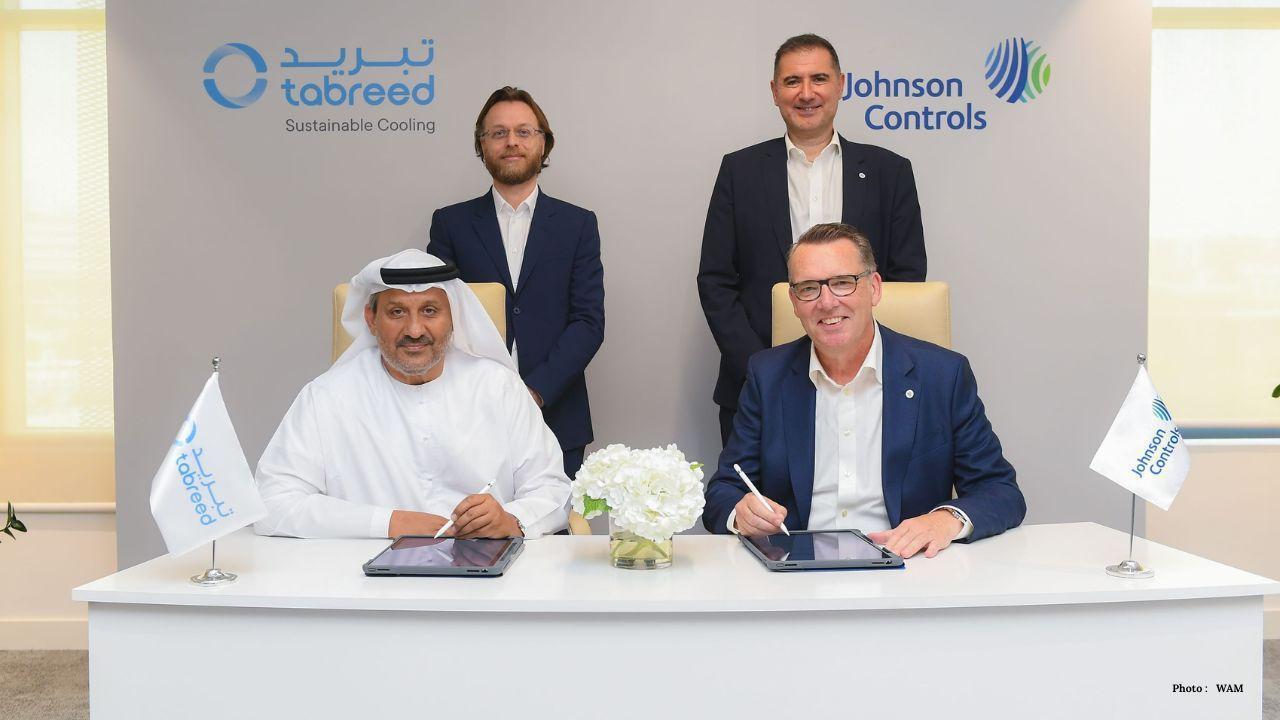
Tabreed and Johnson Controls Partner to Launch Advanced Cooling Tech
Tabreed joins Johnson Controls to improve energy efficiency and eco-friendly district cooling in the
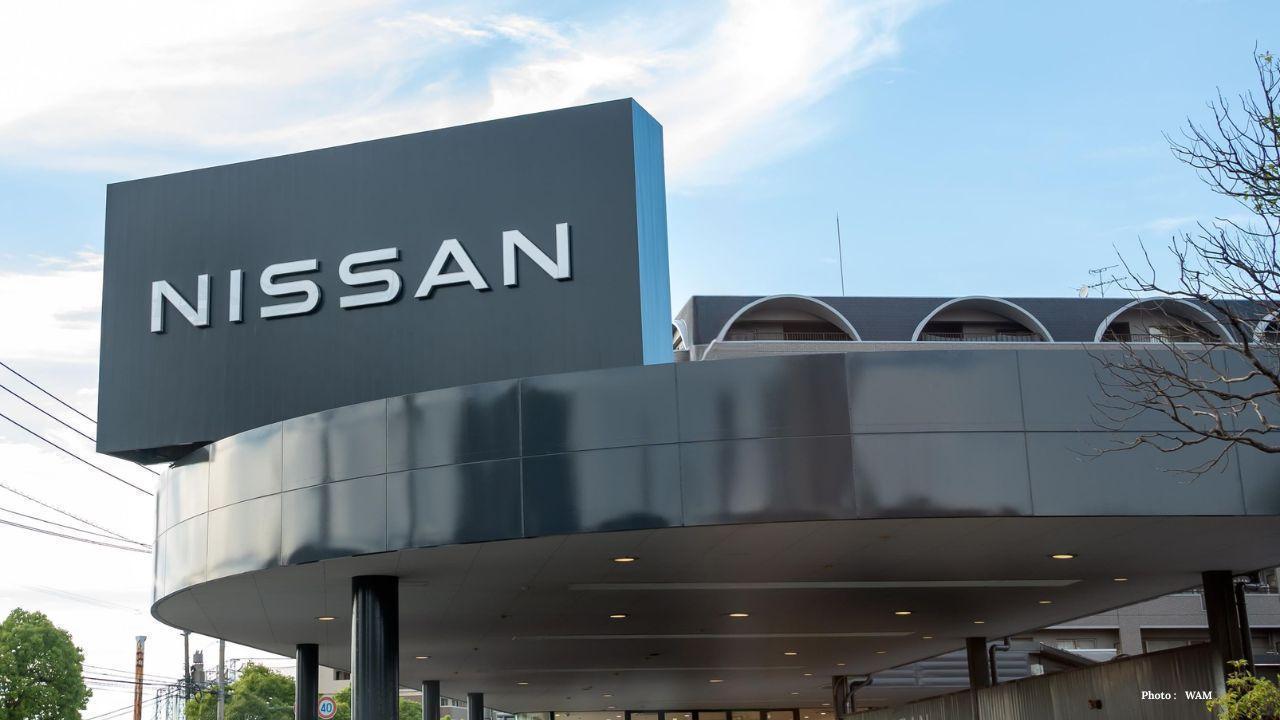
Nissan Develops Advanced Self-Driving Cars for City Streets by 2027
Nissan is testing smart self-driving cars that can handle city traffic, pedestrians, and red lights
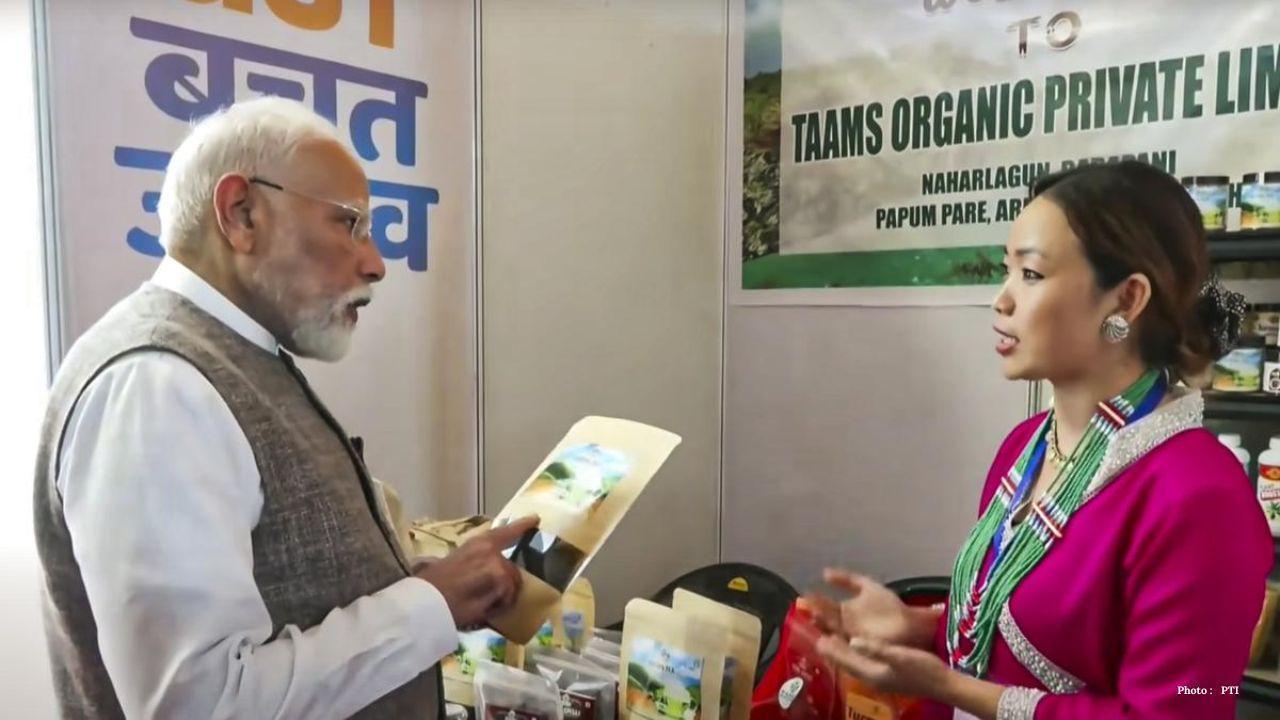
PM Modi Supports Local Entrepreneurs in Arunachal
PM Modi interacts with Arunachal entrepreneurs, reviews local products, and highlights GST reforms a
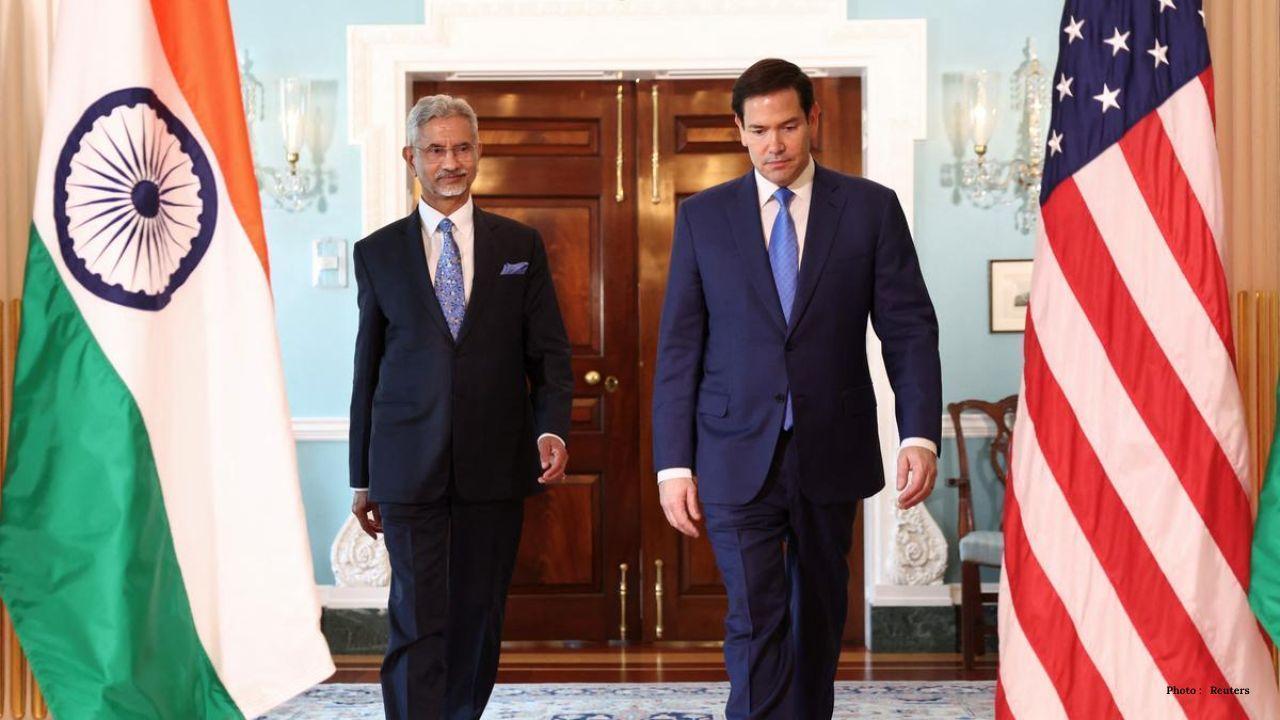
India-U.S. Talks Jaishankar to Meet Rubio During UNGA 2025
India’s External Affairs Minister Jaishankar will meet U.S. Secretary Rubio in New York to discuss t
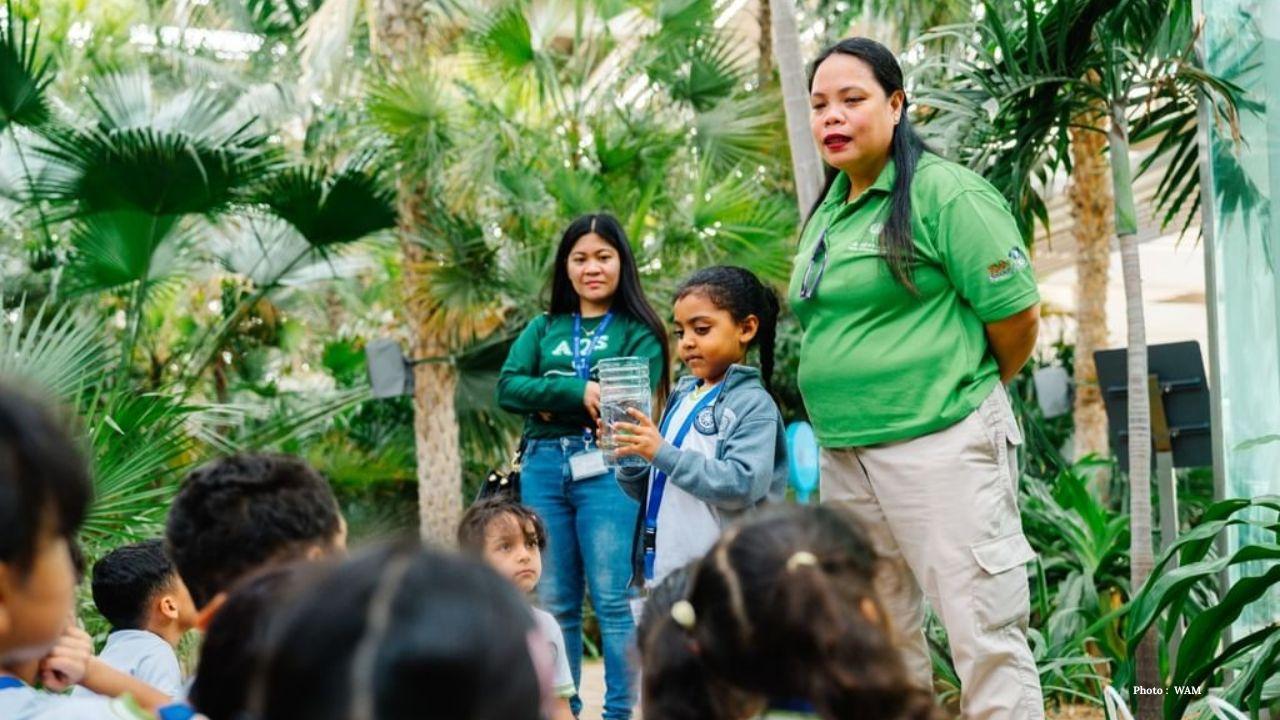
Abu Dhabi Parks Transform Into Outdoor Learning Hubs
Abu Dhabi parks now serve as open-air classrooms, teaching students about nature, sustainability, an
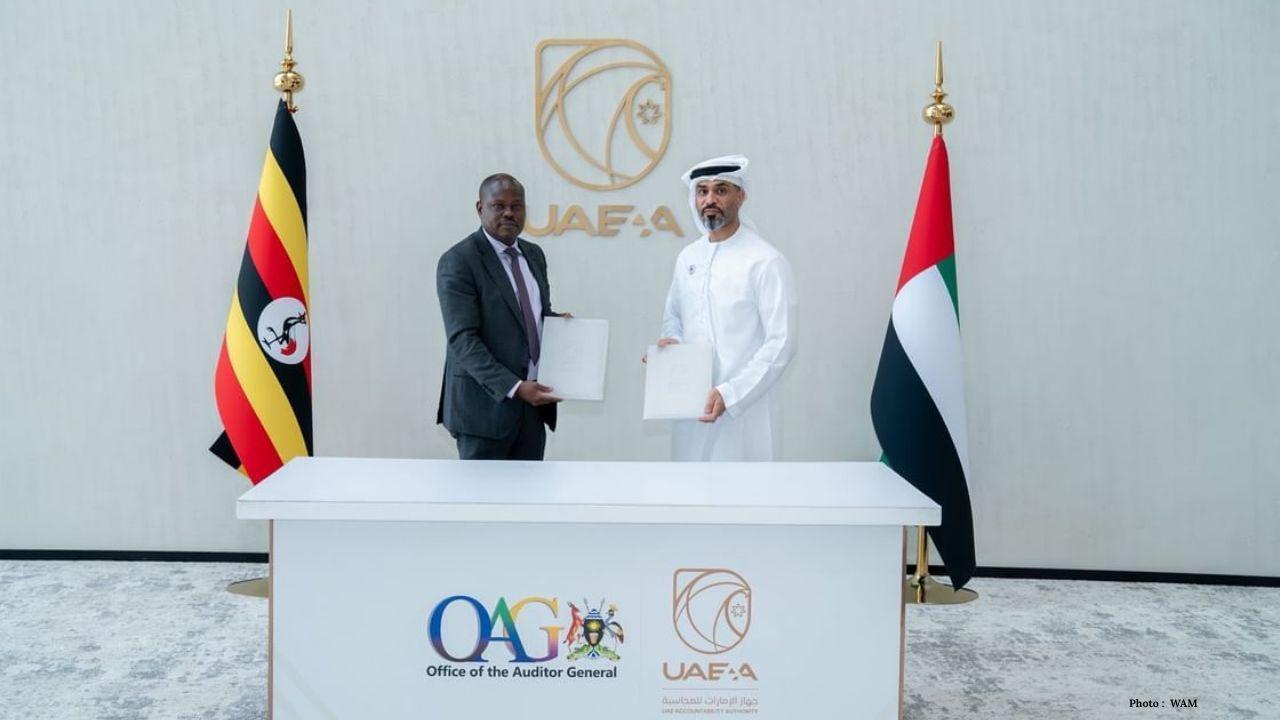
UAE signs audit deals with Seychelles and Uganda to boost oversight
UAE strengthens global audit ties with Seychelles and Uganda to share expertise, enhance transparenc